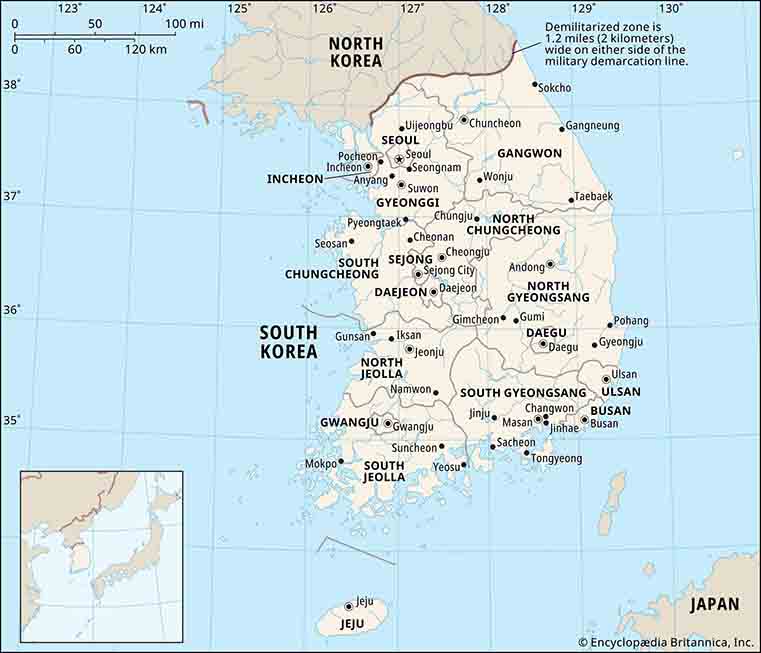The political landscape in south Korea has intensified as the main opposition party has taken a decisive step towards initiating impeachment proceedings against the acting president. This move comes in the wake of a series of controversies surrounding the government’s handling of pressing issues, including economic challenges and social unrest.With allegations of mismanagement and failure to uphold democratic principles, the opposition hopes to galvanize public support for their efforts, framing the impeachment bid as a necessary action to restore integrity in governance.
As political factions prepare for an uphill battle, the opposition has outlined several key points to substantiate their case, wich center around:
- Inadequate response: Criticism of the government’s approach to economic recovery post-pandemic.
- Public Dissent: Growing protests against policies perceived as authoritarian.
- Accountability: Calls for transparency in decision-making processes that have been opaque.
With the stage set for a contentious debate in the National Assembly, all eyes will be on whether the opposition can secure the votes needed to advance the impeachment resolution, and also how the acting president will respond to these mounting challenges.
Examining the Legal Framework: Grounds for Impeachment in South Korea
In examining the legal landscape of impeachment in South Korea, it is essential to understand the specific grounds upon which officials can be held accountable. The Constitution of South Korea explicitly outlines the reasons for impeachment, which includes serious violations of the Constitution or other laws, as well as misconduct that endangers the public welfare. These standards are critical for maintaining the integrity of officeholders and ensuring government accountability. As political tensions escalate,the opposition has targeted the acting president,alleging that his recent policy decisions and lack of transparency contravene the constitutional mandates,thus justifying their call for impeachment proceedings.
Additionally, the impeachment process is characterized by its rigorous procedural requirements. Once the National Assembly votes in favor of impeachment, the case moves to the Constitutional Court, which then deliberates on whether to uphold the decision based on the evidence presented. This two-stage process not only ensures a fair examination of the allegations but also serves as a safeguard against arbitrary political maneuvers. Among the grounds cited by the opposition in their impeachment motion are allegations of mismanagement, abuse of power, and failure to uphold democratic principles, all of which resonate with the electorate’s demand for accountability and integrity in governance.
 Public Sentiment and Its Impact on the Impeachment Process
Public Sentiment and Its Impact on the Impeachment Process
Public opinion plays a pivotal role in shaping the trajectory of political events,especially in high-stakes situations such as impeachment proceedings. In South Korea, recent surveys show that a significant proportion of the electorate expresses dissatisfaction with the Acting President, sparking widespread calls for accountability. These sentiments have been amplified on social media platforms, where discussions about governance and transparency dominate conversations.Given that public pressure can influence lawmakers and party decisions, the response from citizens could either bolster or weaken the opposition’s efforts to push forward the impeachment motions.
Moreover, the dynamics of public sentiment could serve as a double-edged sword in this political landscape. If the opposition is seen as responding to legitimate grievances, they may galvanize support and gain traction for their impeachment campaign. Conversely, if the public perceives the initiative as politically motivated or disconnected from their concerns, it could backfire, discrediting the opposition and diminishing their political capital. As the debate heats up,the interplay between public sentiment and the legislative process will be crucial in determining the outcome of these impeachment efforts. The following factors could shape this dynamic:
- Media Coverage: Influential narratives in the press could sway public opinion either for or against the impeachment.
- Public Demonstrations: Grassroots movements and protests may galvanize support or create backlash.
- Political Allies: The stance of political allies within the government could either lend legitimacy to or undermine the opposition’s campaign.
 Navigating the Path Forward: Recommendations for a Transparent Political Dialogue
Navigating the Path Forward: Recommendations for a Transparent Political Dialogue
As the political landscape in South Korea grows increasingly contentious following the opposition’s push to impeach the acting president, fostering a transparent dialogue becomes paramount. Political leaders must prioritize open channels of communication to build trust and alleviate public concern. Key to this effort is the establishment of regular forums where representatives from all parties can discuss pressing issues openly.This approach not only promotes accountability but also encourages collaborative problem-solving, reducing the polarization that has marked recent debates. Additionally, enhanced transparency in decision-making processes can definitely help demystify government actions, thereby increasing public trust in political institutions.
Moreover, it is indeed crucial for media representatives and civil society to play an active role in this dialogue. By promoting fact-checking initiatives and fact-based reporting, they can help combat misinformation that often escalates political tensions.Engagement strategies, such as community listening sessions, can further bridge the gap between politicians and the public, allowing citizens to voice their concerns and suggestions directly. Emphasizing empathetic communication and understanding amidst differing viewpoints will be essential for cultivating a more cohesive political habitat. These steps are not merely recommendations; they serve as foundational elements for a functioning democracy where diverse perspectives can coexist and enrich the national discourse.